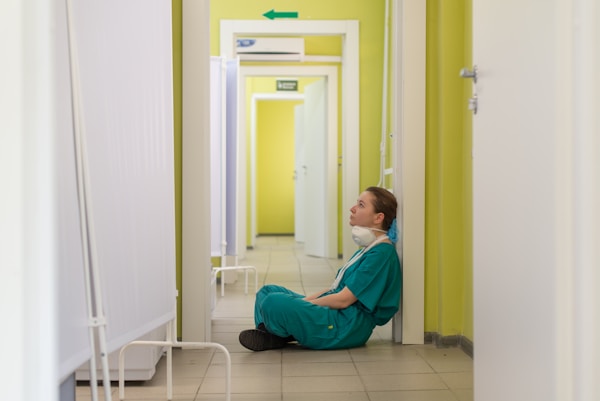Traveling medical professionals have to be prepared for any kind of situation. Whether you are a travel nurse, physician, or any other type of medical professional, there are several tips to help you travel with ease. From packing the right supplies to staying organized on the go, these tips will ensure that you are prepared for any medical emergency. Keep reading to find out the top tips for traveling medical professionals.
Find a temp agency to get assignments.

The challenging part of being a traveling medical professional is finding the right assignments. While there are many different ways to get the assignments you’re looking for, one of the best options is to find a temp agency that specializes in medical placements. Temp agencies, such as Fusion Marketplace, a temp agency for hospital jobs, are an ideal option for traveling medical professionals because they have the resources to connect you with the assignments you need. They can provide you with a wide range of placements, including short-term, long-term, and even permanent positions.
Additionally, temp agencies can help you navigate the paperwork and bureaucracy associated with travel assignments. They can provide you with information about the locality, and answer any questions you may have about the assignment. They can also provide you with advice on how to find housing and transportation in the area, as well as provide any other supports you may need.
Hire professional movers for long-term assignments.
When you are traveling for long-term assignments, the stress of moving can be even greater. That is why it is important to consider hiring professional movers from the St. Charles Local Moving Company to help make your move smoother and more efficient.
Professional movers can make the process of moving much easier and less stressful. They are knowledgeable about packing, loading, and unloading your possessions, and can make sure that everything is safely transported to your new location. Professional movers can also help you find the best deals on packing supplies, so you don’t have to worry about buying too many or not enough. With their assistance, you can quickly and easily move all of your belongings in one trip, which can help you save time and money.
Network whenever possible.

Traveling medical professionals should take advantage of networking opportunities whenever possible. Networking with other healthcare professionals is an invaluable tool for increasing your knowledge base and advancing your career. By networking, you can stay abreast of the latest developments in the healthcare field, learn from the experiences of other professionals, and develop relationships with potential employers.
When it comes to networking, there are a variety of options for traveling medical professionals. Attending healthcare conferences and seminars is an excellent way to meet other healthcare professionals and build your network. Many of these conferences offer a variety of topics and speakers, giving you the opportunity to learn about new trends and techniques in the industry. Additionally, these events often provide great opportunities to meet potential employers and make lasting connections.
Stay connected with loved ones while on assignments.
Traveling medical professionals face a unique set of challenges when it comes to staying connected with their loved ones while on assignments. On one hand, they are often away from home for extended periods of time, and on the other, they are often on call and unable to provide the same level of communication and connection that they would if they were at home. Despite these challenges, staying connected with loved ones while on assignments is essential for a traveling medical professional’s well-being, both physically and mentally.
Overall, traveling medical professionals must take into consideration a number of tips to maintain health, safety, and effectiveness while on the road. This includes being aware of common illnesses, becoming familiar with local healthcare resources, planning ahead, and taking extra safety precautions when traveling. By doing so, they can ensure they are prepared to handle any situation with confidence and expertise.